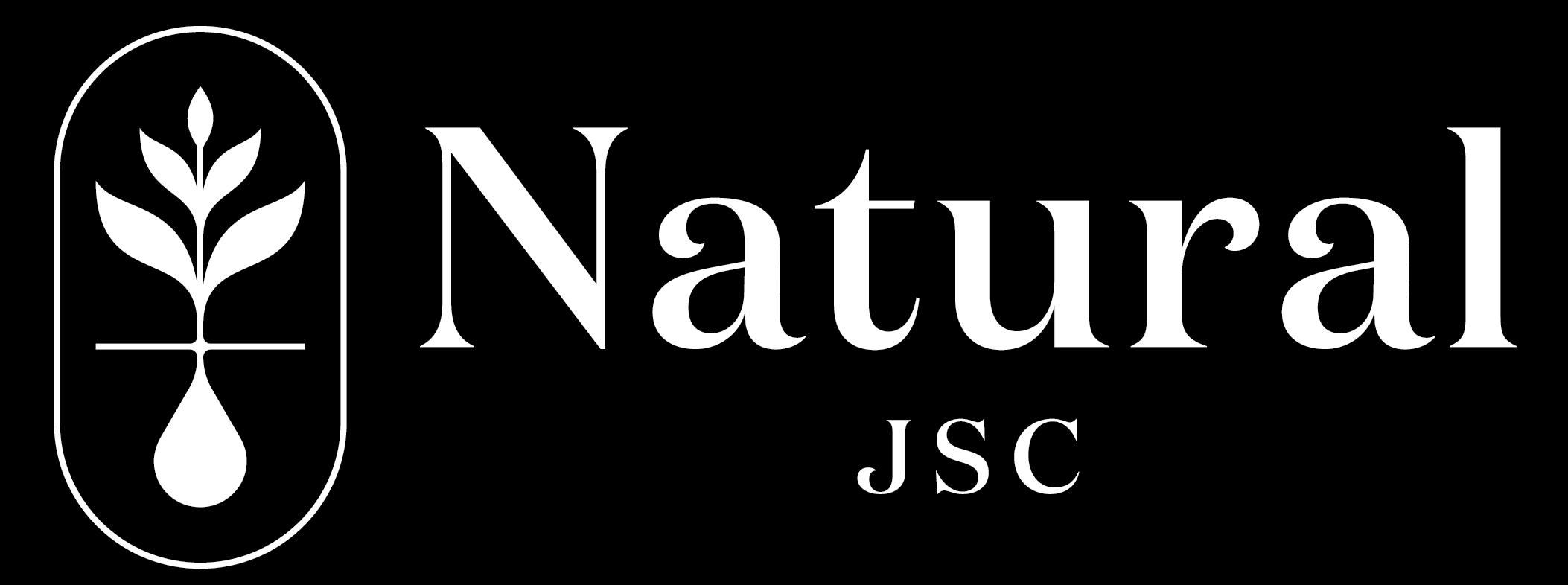The process to make natural soaps compared to commercial soaps are totally different. Handmade soap is a process that goes back thousands of years.
Natural soaps are by plant-based oils such as coconut or olive oils that are rich in vitamins, antioxidants, and nutrients. These are the kind of natural ingredients that your hair, body, and skin need. Moreover, natural soaps can be enriched with many other essential ingredients that originate from the earth, such as clays, salts, botanical extracts, and essential oils.
Handmade soap also contains glycerin. Glycerin is a humectant that attracts moisture from the air to the skin. It’s produced naturally during the soap making process. Soaps made by the cold process have pH around 9-10 and do not need preservatives.
Commercial soaps are made with soap noodles and glycerin is removed from the bars. Many companies responsible for factory produced soaps have a habit of stripping their bar soaps of all the glycerin, and either selling it to cosmetic formulators or placing it in their lotions and moisturizers.
Other soap producers remove glycerin for manufacturing reasons. In order to make milled soap, the natural skin-loving glycerin is removed from the original soap product to avoid gumming up the machinery. The soap is then shredded, separated, ground back together, and put through a machine (often with synthetic lubricants) up to three times to form a bar made out of soap flakes. Synthetic ingredients and fragrances are often added to help the soap survive the machinery, and to make the soap fragrant and shiny.
